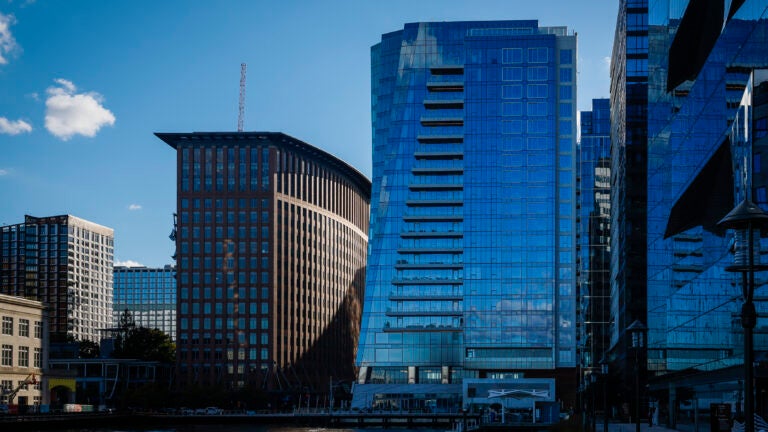C
ouncilor Brian Worrell has unveiled a proposal that would raise the tax rate on large or luxury apartment buildings while cutting the annual property tax for the “average” Boston homeowner and small landlords. The plan, announced late last week, targets buildings with 30 or more units or those classified as luxury, and would reclassify them as commercial properties. Worrell says the measure is “pro‑growth and pro‑people” and would lower the tax bill for most residents by nearly $1,000.
Key elements of the proposal include a 10 % “housing exemption” on commercial properties to reflect the public benefit of housing, and an additional 50 % exemption for large apartment buildings that keep most units income‑restricted. The new commercial rate would be phased in over three years for corporate owners, and the plan shortens standard tax‑agreement terms for new construction from 15 to seven years, allowing the city to issue shorter, more flexible tax breaks for developers.
Advocacy groups such as the Massachusetts Affordable Homeownership Alliance, Dudley Street Neighborhood Initiative, and the Massachusetts Senior Action Council praised the plan as a way to stabilize neighborhoods and help longtime residents stay in their homes. They argue that lower taxes on small landlords and average homeowners will keep housing affordable and encourage continued investment in the city.
Developers, however, are skeptical. NAIOP Massachusetts CEO Tamara Small warned that the measure would effectively double the tax rate on multifamily building owners, stifling housing production at a time when Boston’s construction costs are already high. She said the proposal would be “extremely bad for a city that is facing a housing crisis right now” and would discourage new development and investment. Greater Boston builder Mike Procopio added that the higher commercial rates would push projects out of the city, as owners would raise rents to cover the cost or abandon deals altogether. He noted that many developers are already moving to the suburbs where tax burdens are lower.
The definition of “luxury” remains vague. Worrell suggested that amenities such as a doorman, elevator, or pool could qualify a building as luxury, but no formal criteria have been set. The proposal’s focus is on the 30‑unit threshold, and Worrell’s office plans to pair the tax changes with seven‑year agreements to keep developer interest in the city.
Because of Massachusetts’ Proposition 2½ and Boston’s classified tax system, any change would require more than a City Council vote. The city would need to file a home‑rule petition and secure approval from the state legislature, following the same process that Mayor Michelle Wu used for her own tax‑shift proposal that failed last year. The Boston Policy Institute projects a $1.7 billion budget shortfall amid a declining office market, prompting Wu to call for repealing Prop 2½ and eliminating state permission requirements for new municipal taxes.
Worrell frames the proposal as a long‑term fix that protects homeowners from the ripple effects of falling commercial values while stabilizing the city’s finances. He argues that lower taxes on owner‑occupants and small landlords will keep naturally affordable housing in the city and prevent a flight to the suburbs. The plan is set to be presented to the City Council this week, before any potential state review.












